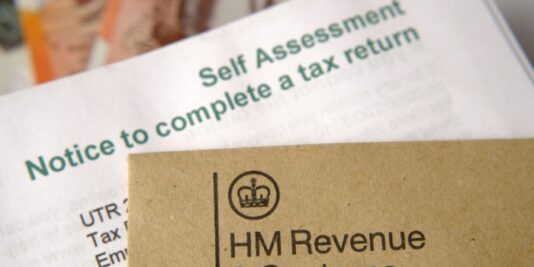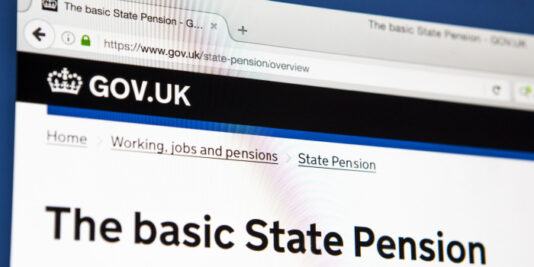Online applications for lasting powers of attorney (LPAs)
The administrative process of registering lasting powers of attorney has long been considered confusing and time-consuming, but new legislation will modernise this by introducing an online system and improving the paper process.
After receiving Royal Assent in September, the Powers of Attorney Act 2023 will update the current paper-based system and bring it online, speeding up registration and strengthening safeguards against fraud to make it more secure.
Digitalisation aims to reduce processing times and human errors, ensuring that vulnerable members of society have better protection if they lose the mental capacity to make their own decisions about their healthcare and finances.
Not everyone is aware of the importance of lasting powers of attorney, or the changes to the system in the works – so here is a quick guide to help.





